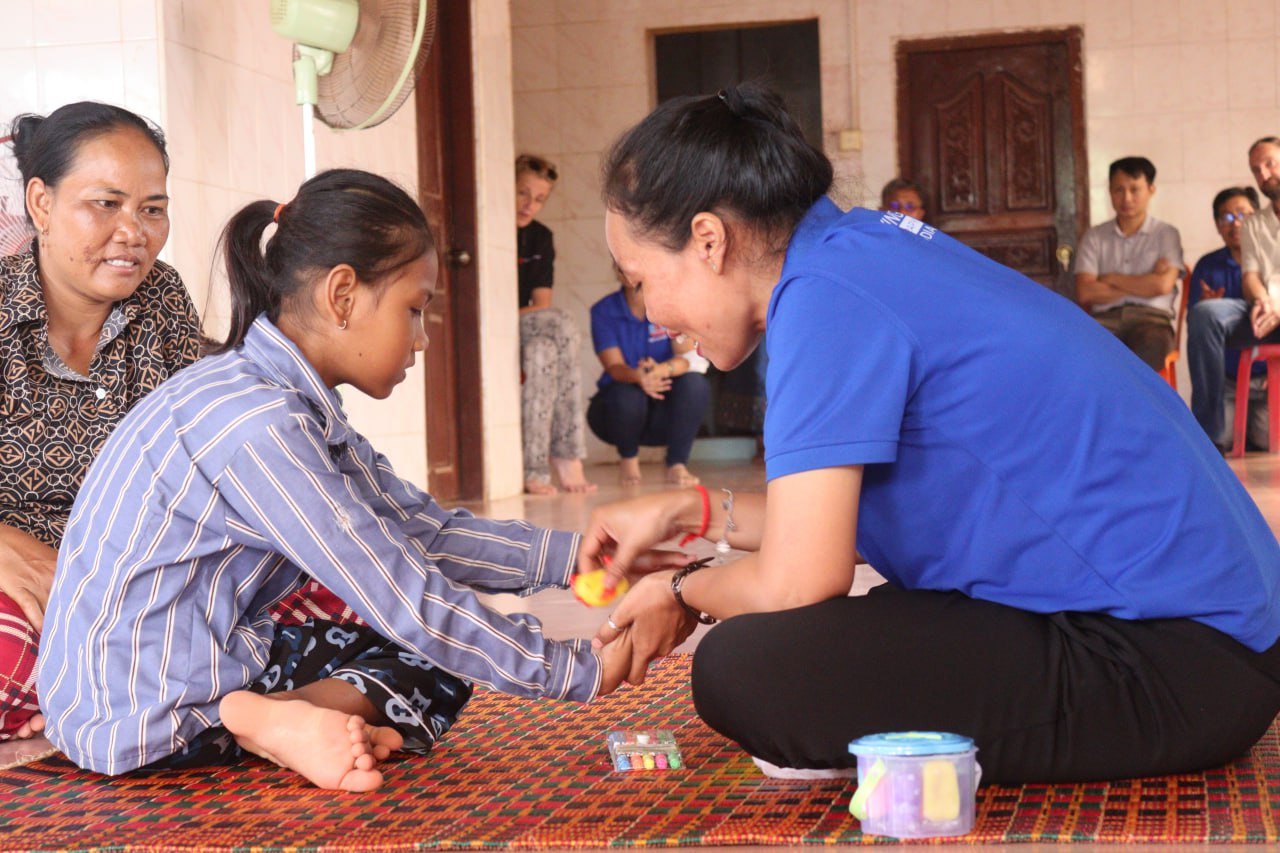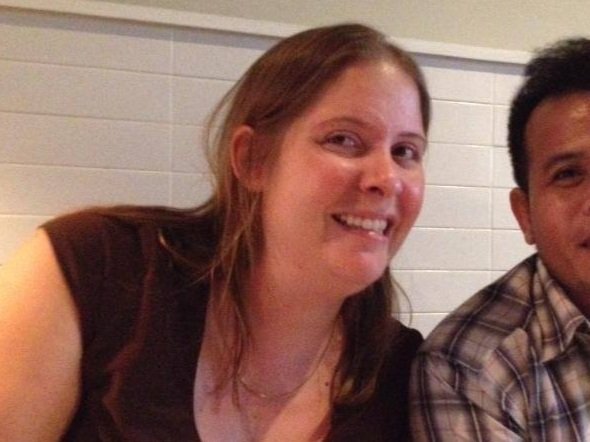
What is speech therapy?
Who We Are
We are a group of dedicated professionals, speech therapy volunteers, and staff, who believe that everyone deserves the right to communicate.
Vision
Speech therapy is led by Cambodians and available to all who need it in Cambodia.
Mission
To establish speech therapy university courses and jobs for Cambodians, raise awareness, and influence government policy.
Exit Goal
100 Cambodian university-qualified speech therapists are integrated into the public sector by 2030
Our Values
Localisation
We put the interests of Cambodian communities above others’.
Collaboration
We share information and support partners.
Integrity
We are transparent and ethical.
Learning
We embrace growth, and continuous learning and improvement.
Quality
We work to the highest standard.
Respect
We respect cultures and religions.
Transparency
We believe in honesty and open communication.
Most frequent questions and answers
What is speech therapy? Speech therapy is a profession that supports children and adults with problems communicating and swallowing. It is an allied health profession, and is often grouped with physiotherapy and occupational therapy. Communication and swallowing difficulties can occur due to problem from birth, such as cerebral palsy or autism, or be the result of an accident or injury, such as a stroke or brain injury. People with communication difficulties can be excluded from society, have trouble at school and find it hard to make relationships and find work. Speech therapists are trained to assess, diagnose and treat people with communication and swallowing difficulties so that they succeed in their education, work, and relationships and be an active member of their family. Speech therapist have specialist knowledge in the areas of head and neck anatomy, linguistics, disability, hearing, etc. What is the need? OIC Cambodia estimates that over 600 000 people in Cambodia need the support of a speech therapist. However, currently there are no Cambodian university-trained speech therapists to address this problem, even though there are many Cambodian physiotherapists. For people with swallowing problems who cannot see a speech therapist, this can mean they are at risk of choking or becoming malnourished, which can lead to death. For people with communication difficulties who do not get the support of a speech therapist, it can result in lifelong learning difficulties, poor educational outcomes and limited work opportunities. Who do speech therapists help? Speech therapist help a rang of people with a rang of difficulties, which include:
Babies who have feeding problems due to a cleft palate, tongue tie or cerebral palsy
Children who have difficulty saying sounds correctly (speech disorders);
Children who have difficulty saying sentences, thinking of words or putting words in the correct order (language impairment);
Children who have autism and have problems understanding and interacting with other people;
People who do not talk at all and use other ways to communicate;
Children with hearing difficulties;
Children with other disabilities such as Down Syndrome;
Adults who have had a stroke or brain injury and lose their ability to communicate.
Current speech therapy practice? Currently there is just one private clinic in Phnom Penh that has foreign university-trained speech therapists (Happy Kids Clinic). Speech therapy course are at least 4 years in countries like Australia and the UK.Other clinics operating in Cambodia have people practicing speech therapy who have done short training courses or workshops, but who have not trained at a university level.Whilst these practitioners do have some good skills that can be helpful to children and adults, they do not have a deep knowledge of evidence based speech therapy practice that would allow them to provide a high quality of service.
Board Member
-

HRH SISOWATH VEAKCHIRAVUDD
Chairman
-

Heather Golem
Board Member
-

Prof. Ceila Tan
Board Member
-

Heng Sotheavy
Board Member

